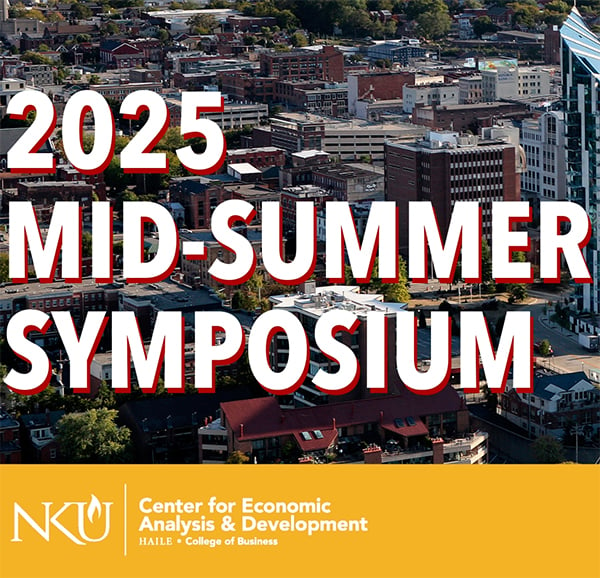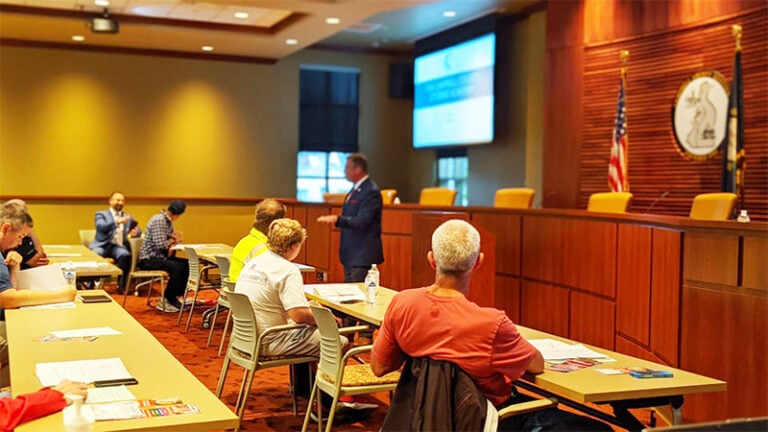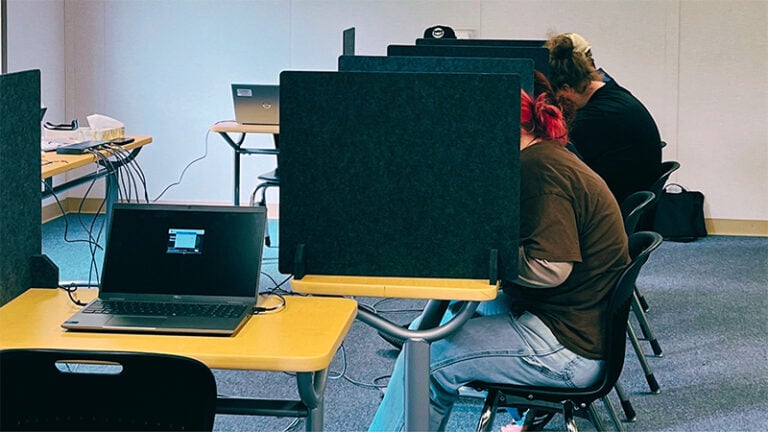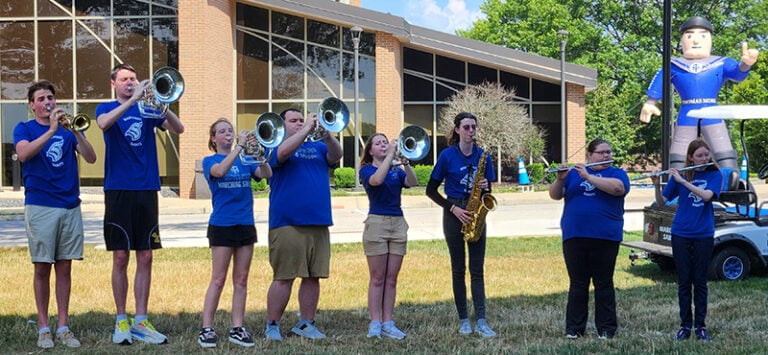Every May, the Administration for Community Living spearheads our nation’s observance of Older Americans Month (OAM), highlighting a different theme to generate greater public awareness, discussion, and participation each year.
This year’s theme, “Powered by Connection,” serves to underscore the profound impact meaningful relationships have on health and well-being, particularly in combating isolation and loneliness.
Often underreported and underappreciated as an issue of concern, the impact of social isolation, nevertheless, continues to grow.
Consider the following.

• The number of single-person households accounts for just under 30% of all U.S. households.
• Approximately half of U.S. adults report experiencing loneliness, with some of the highest rates among young adults.
• Only 16% of Americans report that they felt very attached to their local community.
• Chronic loneliness and social isolation can increase the risk of developing dementia by approximately 50% in older adults while increasing the risk of depression and anxiety in children and adolescents.
• Lacking social connection can increase the risk of premature death as much as smoking up to 15 cigarettes a day
These are just some of the findings to be found in the Surgeon General’s 2023 report, “The USA’s Epidemic of Loneliness and Isolation,” which underscores the urgent need for comprehensive action akin to initiatives targeting tobacco use, obesity, and drug addiction.
More importantly, this eye-opening report provides a framework for a national strategy to advance social connection. Detailing Six Pillars for Action, the Surgeon General makes recommendations that individuals, governments, workplaces, health systems, and community organizations can take to increase connection in their lives, communities, and across the country to improve their health.
Six Pillars for Action
1. Strengthen Social Infrastructure: Communities must prioritize creating physical spaces and programs fostering connection.
2. Enact Pro-Connection Public Policies: Governments play a critical role in implementing policies supporting social bonds, such as accessible transportation and family leave.
3. Mobilize the Health Sector: Healthcare providers can address loneliness by screening patients and connecting them with resources.
4. Reform Digital Environments: Evaluate technology’s impact on loneliness and promote healthy digital habits.
5. Deepen Our Knowledge: Invest in research to understand and address loneliness effectively.
6. Cultivate a Culture of Connection: Promote societal norms valuing relationships in schools, workplaces, and communities.
The economic costs of social isolation are significant, impacting Medicare spending and productivity. Addressing the loneliness epidemic requires collective effort with attention to equity, as access to social opportunities varies across demographics.
“Our epidemic of loneliness and isolation has been an underappreciated public health crisis that has harmed individual and societal health. Our relationships are a source of healing and well-being hiding in plain sight – one that can help us live healthier, more fulfilled, and more productive lives,” said U.S. Surgeon General Dr. Vivek Murthy.
America’s loneliness epidemic presents a grave public health challenge that demands immediate and concerted action. By prioritizing social connection and implementing the recommended strategies, we can build a healthier, more resilient, and more connected society for ourselves and future generations.
No one should be exiled to a life of loneliness and isolation. During this year’s Older Americans Month consider what you can do to make a difference.
Jeff Rubin is a nationally recognized speaker, author, and adviser on community and aging issues, having spent over 20 years as a director and facilitator of community service programs at the local, state, and national levels. He lives in Berea. An advocate for “Age-friendly” and “Livable” communities, Rubin is the author of Wisdom of Age: Perceptions and insights from one generation to another. Jeff can be reached at: www.jeff@wisdomofage.net

















